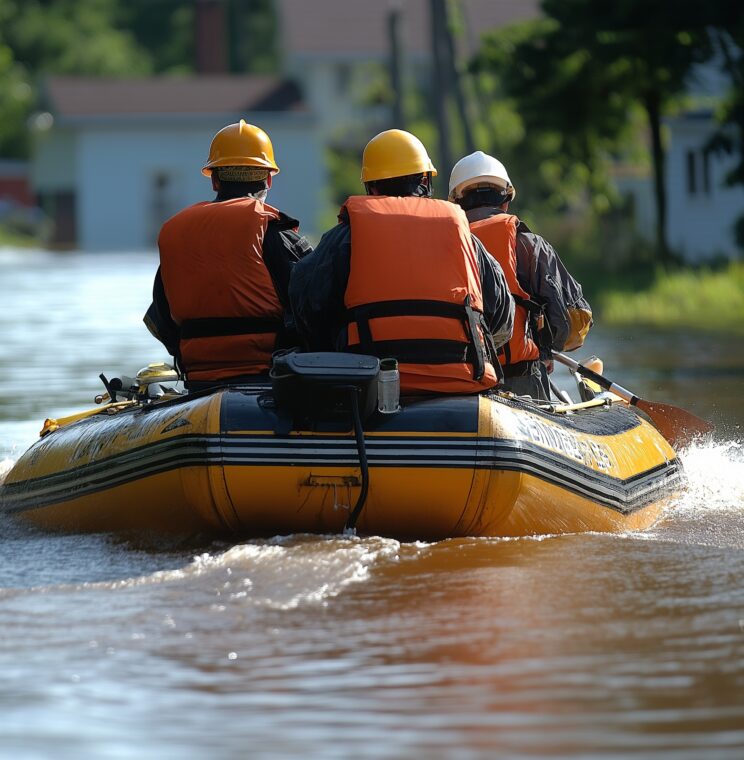Further Investigation into Children’s Cause of Death Important for Parents’ Grief Processing
Ecorys conducted an evaluation of the Nader Onderzoek naar de DoodsOorzaak van Kinderen (NODOK) subsidy regulation on behalf of the Dutch Ministry of Health, Welfare and Sport (VWS). The subsidy regulation supports parents and other concerned in grieving and ensures the identification of causes of death and prevention of future deaths. In general, people are very satisfied with the NODOK regulation, but there are opportunities to better align with practice.
In cases of unexpected and unexplained death of a minor, further investigation into the cause of death may take place, after parental consent is given. The Dutch Minister of Health, Welfare and Sport can provide an annual subsidy for this, upon application by a university medical centre (UMC). The regulation has been extended for five years in 2019. Before the minister can decide on further extension, the law requires an evaluation to be carried out. The aim of the evaluation is to ensure that the way the regulation works is improved in the future.
Ecorys conducted a desk study and interviews to evaluate the subsidy regulation. The desk study was used to paint a picture of the current NODOK regulation, its conditions, and the action protocol used. In addition, the desk study was used to outline the wider policy context in which the regulation is implemented. Interviews were conducted with people closely involved in the implementation of NODOK research and/or the application and processing of the grant regulation to gain insight into the functioning of the regulation. In these, experiences of applying for the grant regulation and carrying out the NODOK procedure were discussed, which also looked more into perceived bottlenecks and possible areas for improvement. In addition, the impact of the NODOK procedure and subsidy regulation was a topic of discussion.
About the experiences of applying for the NODOK grant and the associated pricing, the study showed the following. A total of €500,000 is set aside annually in the budget of the Dutch Ministry of Health, Welfare and Sport for the implementation of NODOK. The actual costs of the regulation per year ran between €418,900 and €649,700 in the years 2019 to 2022. Overall, there is great satisfaction with the grant regulation. However, spot checks of grant applications, as mentioned in the grant regulation, do not appear to take place. Thus, there is no check on whether the studies have actually been carried out. Other financial bottlenecks identified are: Need for indexation of estimated costs, underestimated costs, costs not included in the grant regulation, and inconsistency in terminology.
Besides experiences in applying for the grant, the functioning of the NODOK procedure was examined. This was done on the basis of five aspects: 1) experiences with the procedure in general; 2) the completeness of the regulation and the additional diagnostics required; 3) the division of roles; 4) parental involvement; and 5) the database. From the desk study and interviews, the following can be concluded about the functioning of NODOK.
Bottlenecks related to the substantive implementation of the handling protocol are:
- Lack of clarity about the purpose of the subsidy regulation:
- Potentially conflicting policies.
- Missing diagnostic methods
Bottlenecks regarding the division of roles within the NODOK procedure are:
- Cooperation between forensic doctors and paediatricians
- Knowledge of both disciplines: both forensic doctors and paediatricians can build further knowledge; forensic doctors on child death, and paediatricians on post-mortem changes in children.
- The role of the Sudden infant death syndrome (SIDS) Expert Group
Finally, the effectiveness of the regulation was assessed. From our study, it can be concluded that the NODOK grant regulation is effective for its intended purpose, which is to support bereavement counselling of bereaved families by giving them clarity on what cause led to the unexpected death of their child. In addition, the grant contributes to systematic knowledge acquisition about the circumstances in which children died and the causes of death in children.
More information can be found on the website of the Dutch Ministry of Health, Welfare and Sport here.

11 March 2024
3 minute read
Key Experts
Rana Orhan Pees
Senior Consultant



